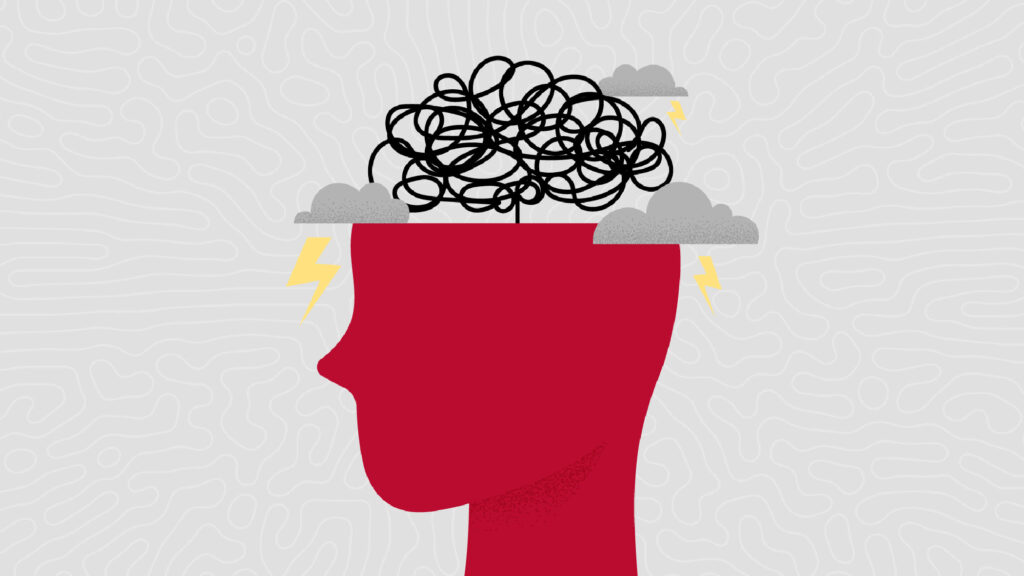
Living in a resource-deprived area may significantly increase the risk of developing certain psychiatric conditions, according to a recent study conducted by the University of Georgia. The research highlights the environmental factors that may contribute to the onset of psychotic disorders, such as schizophrenia, which can severely impact an individual’s mental, physical, and social well-being.
The study reveals that in regions characterized by lower incomes, substandard housing, and high crime rates, the prevalence of psychotic disorders is 79% higher compared to more affluent areas. This finding underscores the potential influence of socioeconomic conditions on mental health.
Socioeconomic Factors and Mental Health
Psychotic disorders, including schizophrenia, are complex conditions that can disrupt a person’s ability to function in daily life. The new study suggests that these disorders may be influenced by the environment in which individuals live. Sydney James, the study’s lead author and a doctoral candidate at the UGA Franklin College of Arts and Sciences, points to structural causes as a significant factor.
“Black Americans are about 2.4 times more likely to be diagnosed with schizophrenia in the United States, and recent research has been pointing to structural causes,” said James. “Marginalized communities are more likely to live in deprived areas, so I wanted to see if that explained the higher rates of psychosis.”
The research involved a meta-analysis of studies from multiple countries, examining the relationship between living environments and the incidence of psychotic disorders. The results were consistent across different methodologies, indicating a clear link between inequality and higher rates of psychosis.
Understanding the Environmental Impact
While no specific symptom, such as delusions or hallucinations, was found to be more prevalent, the overall rates of psychotic disorders were notably higher in areas with high unemployment, low education, and limited access to housing and services. This suggests that environmental deprivation plays a significant role in mental health outcomes.
“Environmental deprivation can be both a cause and a consequence of psychotic disorders,” said Gregory Strauss, a professor in the UGA Department of Psychology and senior author of the study. “Even if someone was born into a more affluent neighborhood, if they develop schizophrenia, they can end up living in a more impoverished environment because of the effects of the illness.”
Complex Relationship Between Environment and Psychosis
Although living in poorer neighborhoods may increase the risk for psychosis, it does not preclude wealthier individuals from developing such disorders. The debilitating nature of these conditions often affects a person’s ability to maintain employment and social relationships, which can, in turn, influence their living situation.
Future Directions: Improving Support and Resources
The findings of this study highlight the need for targeted interventions that address the environmental factors contributing to mental health disorders. Digital therapy, for instance, could provide valuable support by guiding individuals through therapeutic techniques tailored to their specific circumstances.
“Digital therapy could help guide someone with a psychotic disorder through therapeutic techniques in the environment where it might matter most,” Strauss said.
Many individuals with psychotic disorders face the challenge of believing that their situation is unchangeable due to their environment. This belief can create a cycle of despair, where the lack of motivation to change perpetuates their circumstances. Personalized therapy techniques could play a crucial role in breaking this cycle and enhancing their quality of life.
As researchers continue to explore the complex relationship between environment and mental health, there is hope that these insights will lead to more effective support systems and interventions, ultimately improving outcomes for those affected by psychotic disorders.




